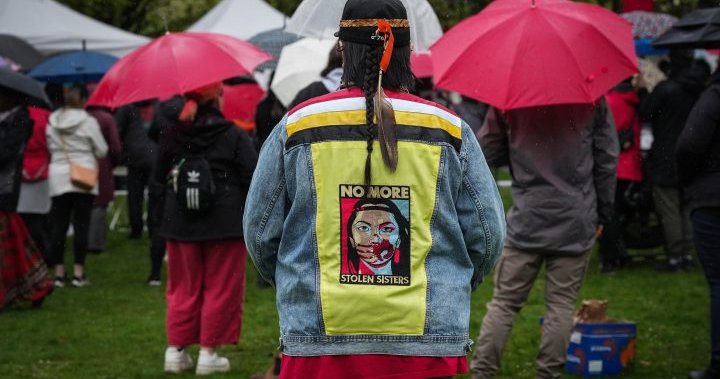Racism and the lack of primary care providers contribute to poorer overall health outcomes for off-reserve First Nations, Métis, and Inuit women and girls compared to their non-Indigenous counterparts, according to a study by the Public Health Agency of Canada. The study, published in the Canadian Medical Association Journal, highlighted the higher prevalence of diagnosed chronic diseases and worse mental health, including mood and anxiety disorders, among Indigenous females. The study attributed these disparities to Canada’s colonial history, including residential schools, forced sterilization, and the destruction of traditional lands.
To conduct the study, researchers analyzed data from the annual Canadian Community Health Survey, focusing on females aged 15 to 55 between 2015 and 2020. The study included 6,000 individuals from the three distinct Indigenous groups and 74,760 non-Indigenous females in their reproductive years. The findings revealed that Indigenous females experienced longer wait times for primary care, relied more on hospital services for non-urgent care, and had fewer consultations with dental professionals.
Lead researcher Sebastian Srugo emphasized that these disparities persist even when comparing Indigenous women to non-Indigenous women of similar age, education, income, and location. He highlighted the intergenerational impact of inadequate care, particularly for pregnant women and new mothers, which can affect their children’s health in the long run. Srugo also acknowledged the lack of trust that Indigenous communities have towards the healthcare system in Canada.
To address these issues, primary care providers should prioritize support for Indigenous women in their reproductive decisions and assess them for conditions such as heart disease, depression, and cancer. However, Srugo noted that there is limited research specifically focusing on First Nations, Métis, and Inuit individuals, as they are often grouped together as Indigenous Peoples despite their diverse cultures, languages, and histories.
The study involved collaboration with Indigenous organizations, including Les Femmes Michif Otipemisiwak, the Native Women’s Association of Canada, Pauktuutit Inuit Women of Canada, and 2 Spirits in Motion. Lee Clark, director of health for the Native Women’s Association of Canada, commended the partnership but emphasized the need for concrete action. She urged the federal government to use the study’s findings to hold provinces accountable for delivering targeted programs to address the longstanding neglect of Indigenous women’s healthcare needs.
Clark also highlighted the ongoing effects of colonialism on Indigenous communities, referencing the death of Atikamekw woman Joyce Echaquan in a Quebec hospital in 2020. Echaquan recorded staff insulting her as she lay dying, exemplifying the blatant racism experienced by Indigenous individuals within the healthcare system. Clark called for federal and provincial governments to incorporate Indigenous practices, such as traditional midwifery, into healthcare and to address the systemic issues perpetuating harm against Indigenous communities.
Denial of responsibility! VigourTimes is an automatic aggregator of Global media. In each content, the hyperlink to the primary source is specified. All trademarks belong to their rightful owners, and all materials to their authors. For any complaint, please reach us at – [email protected]. We will take necessary action within 24 hours.


